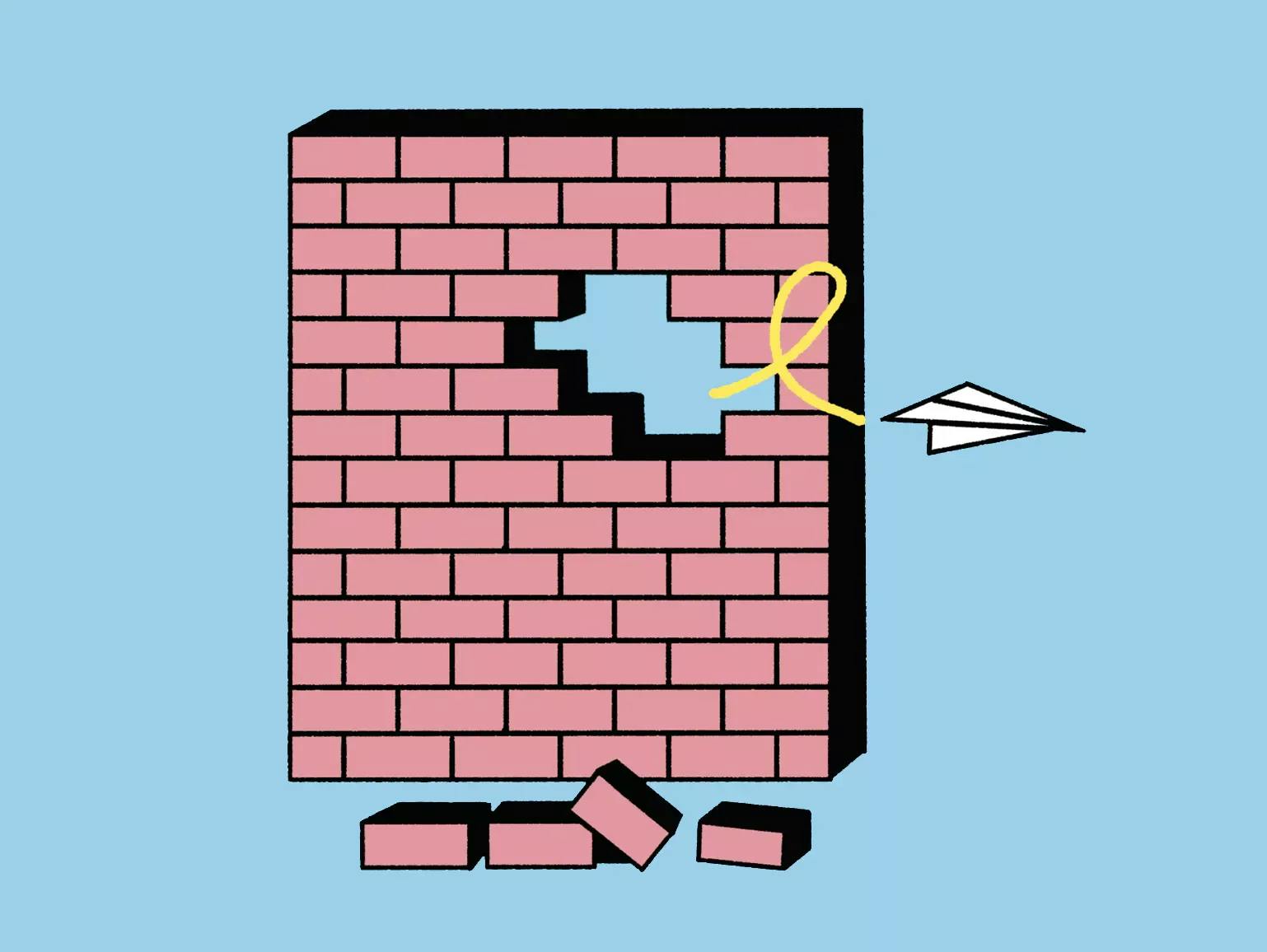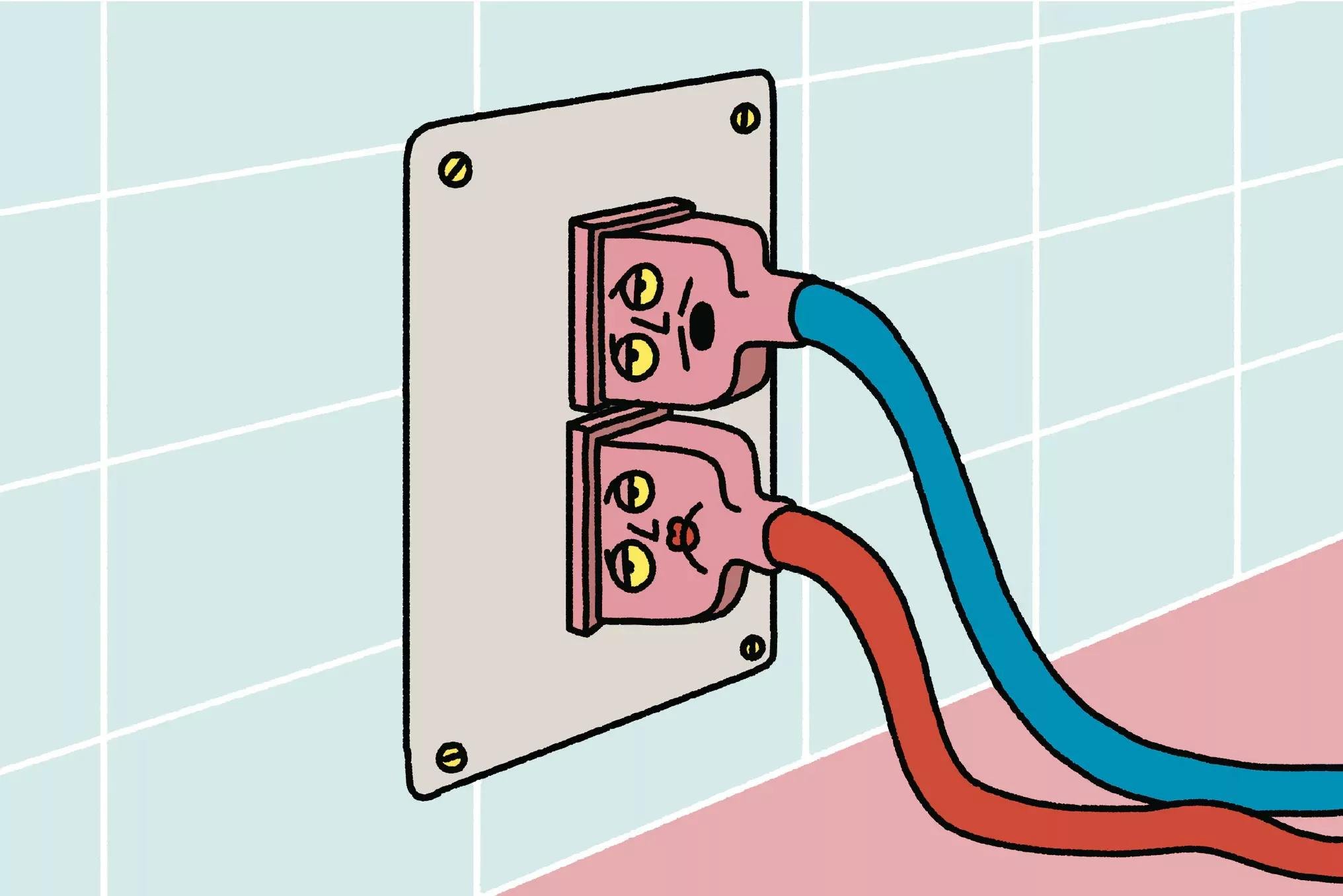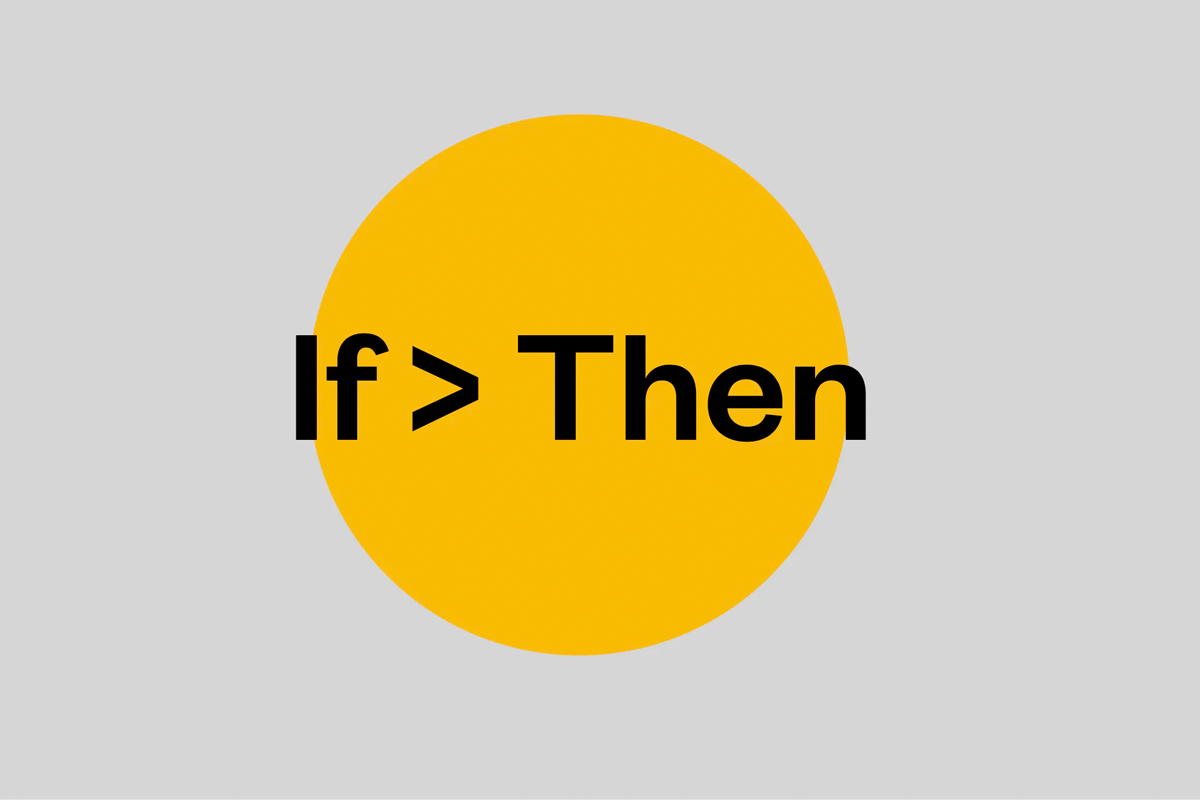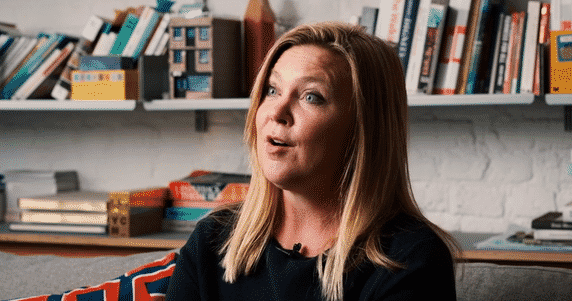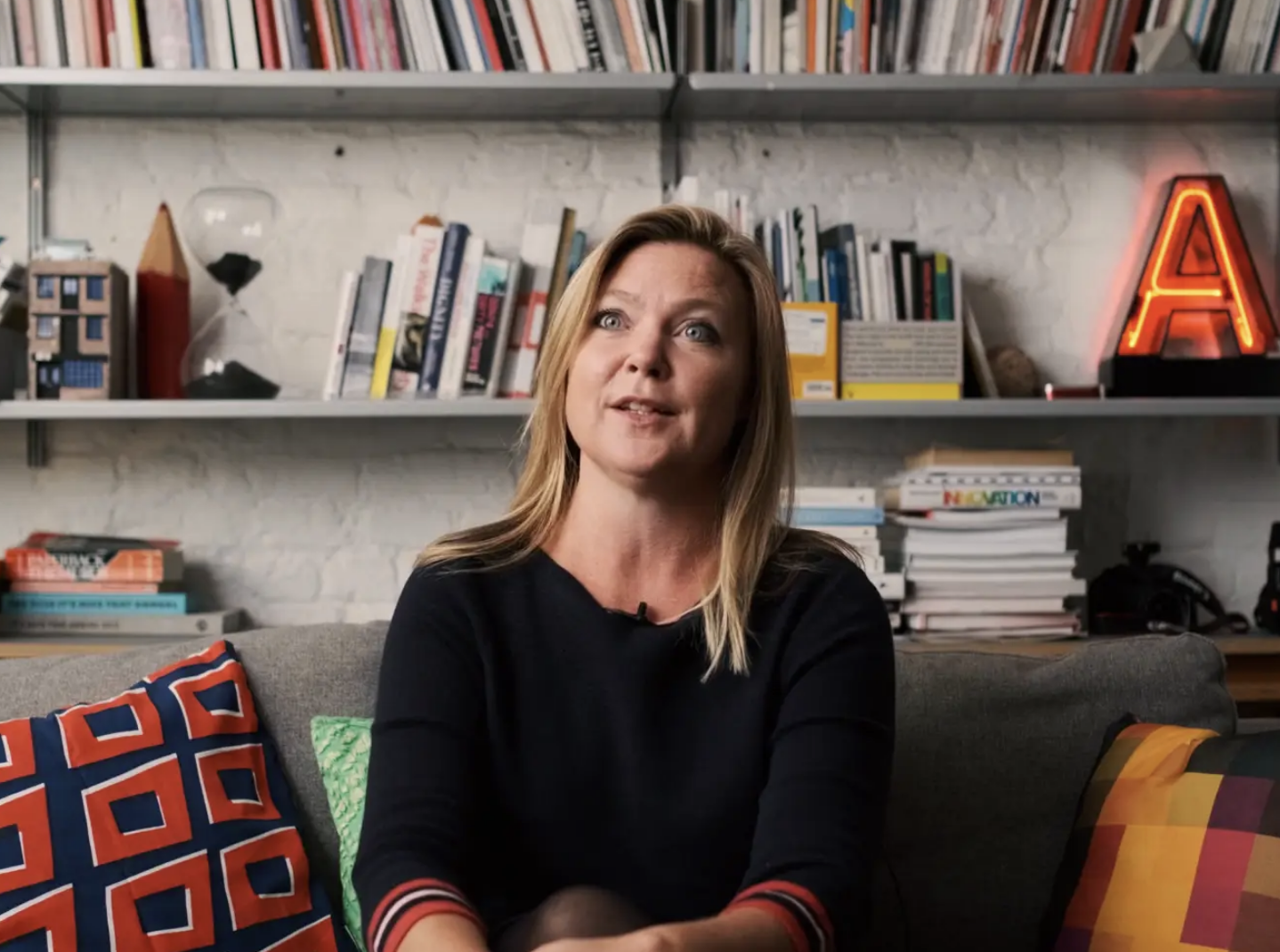Experiment with a 'Scaling Question' to better connect, learn and influence
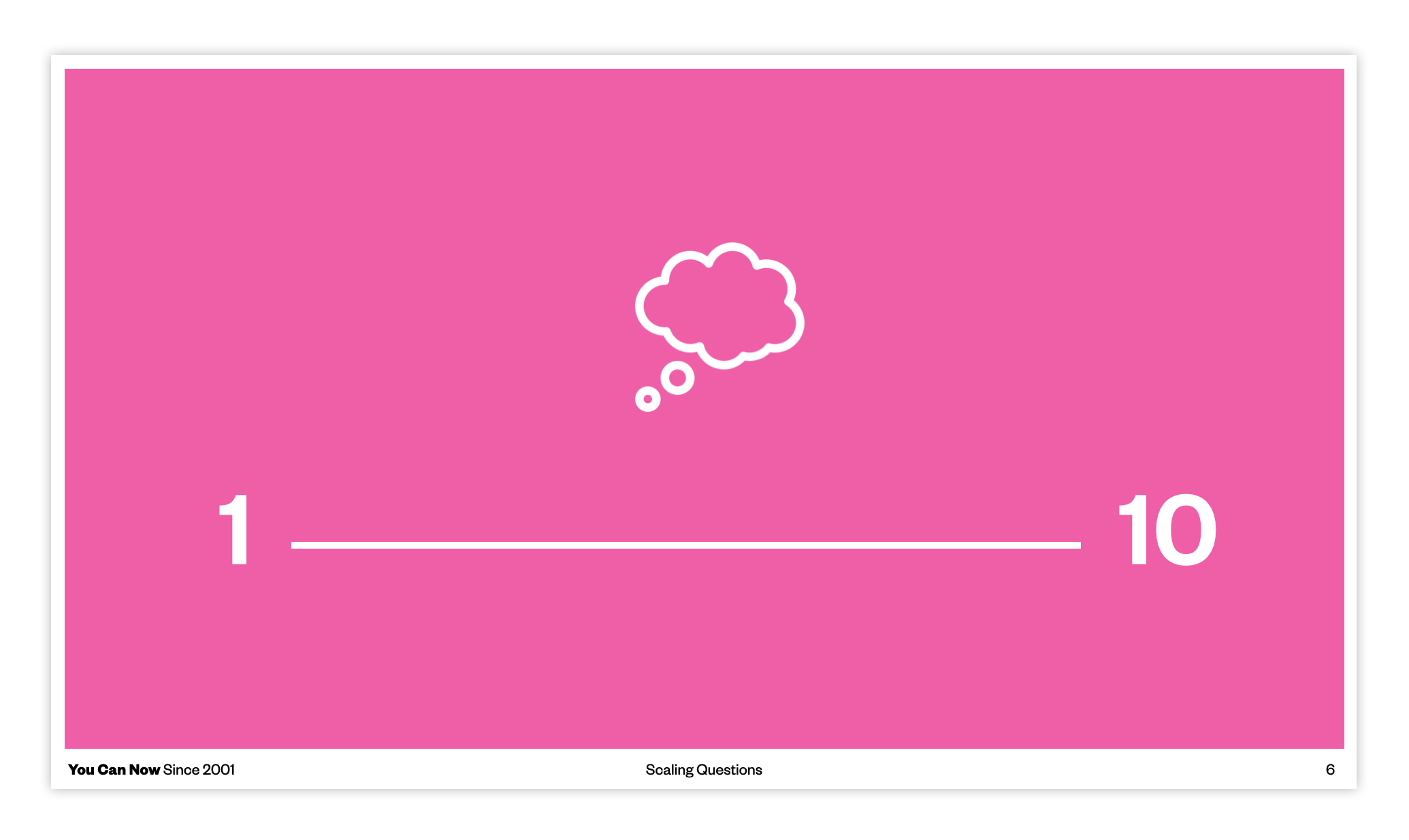
Experimenting with a scaling question
Scaling Questions have two parts:
For example imagine you're asking a peer for some feedback on a presentation you've just delivered.
You could ask: On a scale of 1—10, how well you do think I just delivered the client presentation?
or, imagine you're having a conversation with your team-member about how confident they're feeling about a forthcoming project launch.
You could ask: With the coming kick off in mind how confident are you feeling on a scale of 1—10?
And once you've received your score by reply, you can lead into a purposeful follow up question.
The purpose of the Reflective Question is get someone thinking about steps towards positive change. So in relation to the examples above,
You could ask by follow up: 6. Thanks, that's really helpful to know! What do you think would have taken it to an 8 or a 9?
or, in relation to the client kick off...
You could ask: Wow. 9, that's great! Is there anything particularly different we've done to last time, and why you didn't give a lower score?
Good to know
Scaling Questions are powerful as they get people thinking in terms of quantities and specifics, and (through good follow up Reflective Questions) encourage people to consider change in focussed an incremental ways. Scaling Questions can therefore be a helpful way to help track progress towards specific goals — "Getting from a 6 to an 8". Small changes in the service of desired outcomes.
Pro tip: Try disallowing anyone to score themselves as a 7. It's often a bit of an easy, sit on the fence, neither-here-nor-there score. Considering where we are either side of 7 can often be revealing, and lead into better Reflective Questions.

How can you use a Scaling Question in your interactions with a client, colleague, friend or family member today. What will you ask? How will you follow up the score they share? And what did the conversation reveal?
